Hay Regenerative Soils
We are a community interest company based in the lovely town of Hay-on-wye, closing the nutritional cycle by collecting household food waste and turning it into living soils.
We are passionate about reframing attitudes towards what is considered waste. Food scraps are an incredible resource for creating nutritionally dense compost beaming with microbiology that our soils need to sustain a healthy ecosystem.
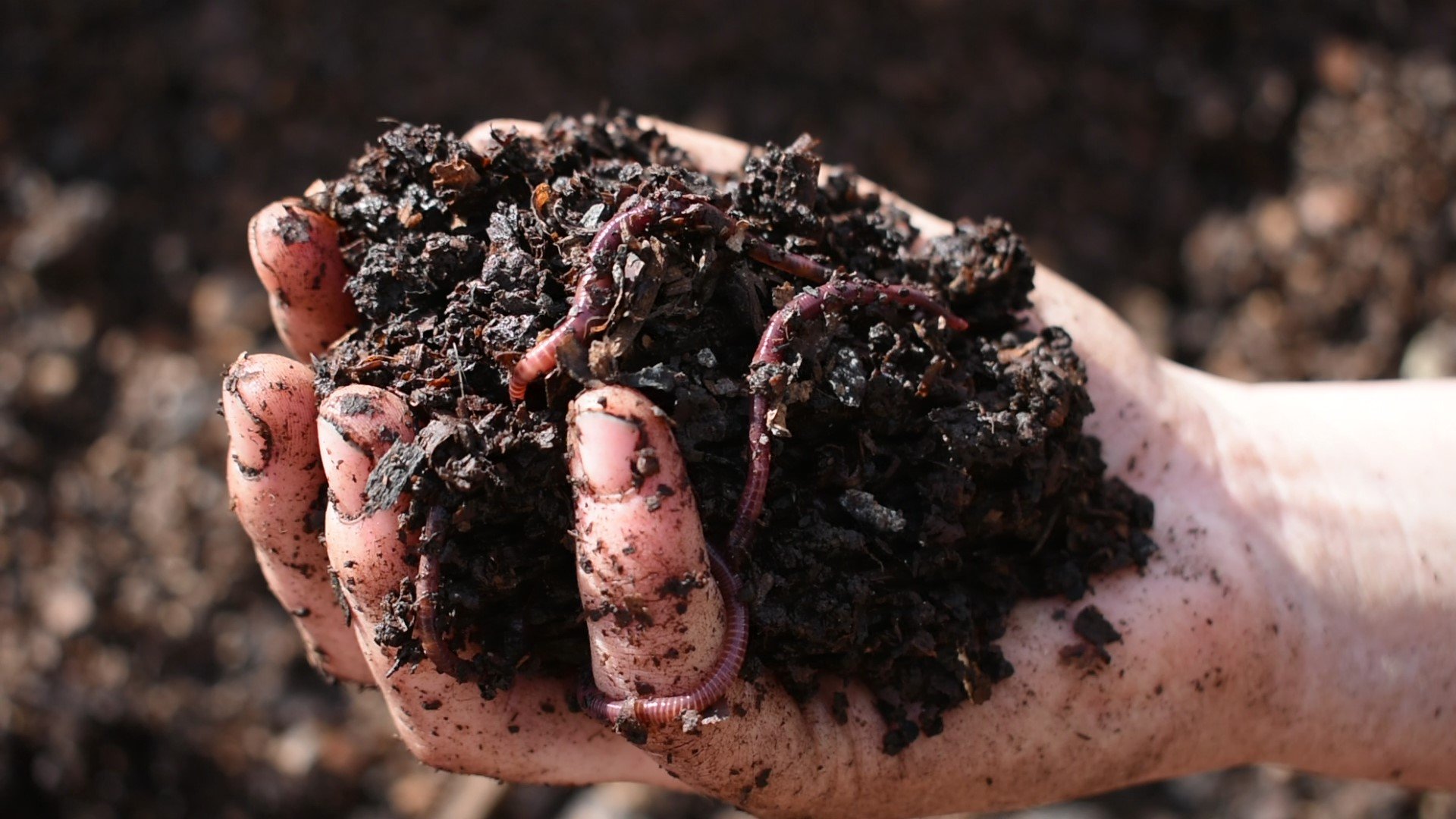


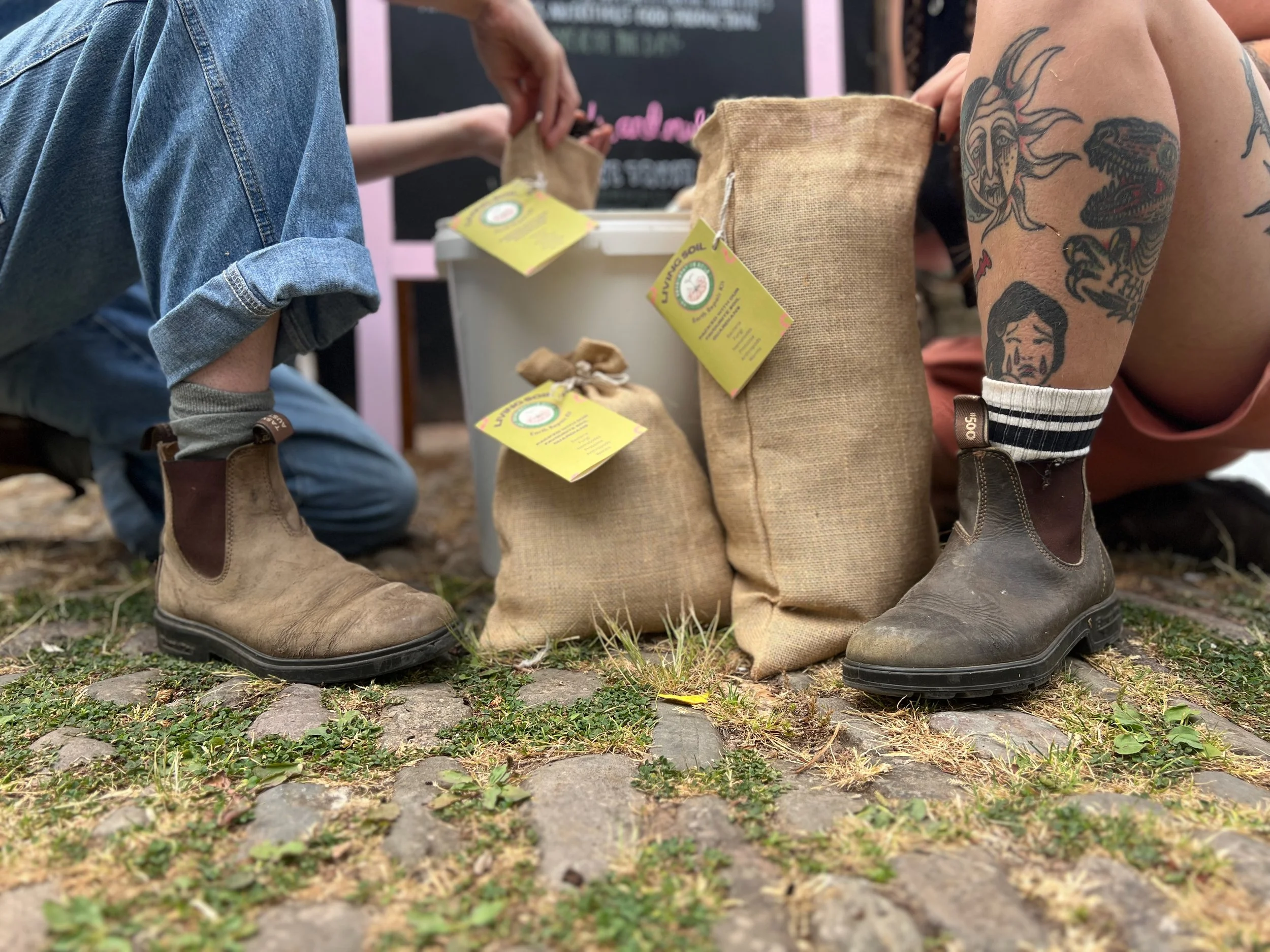
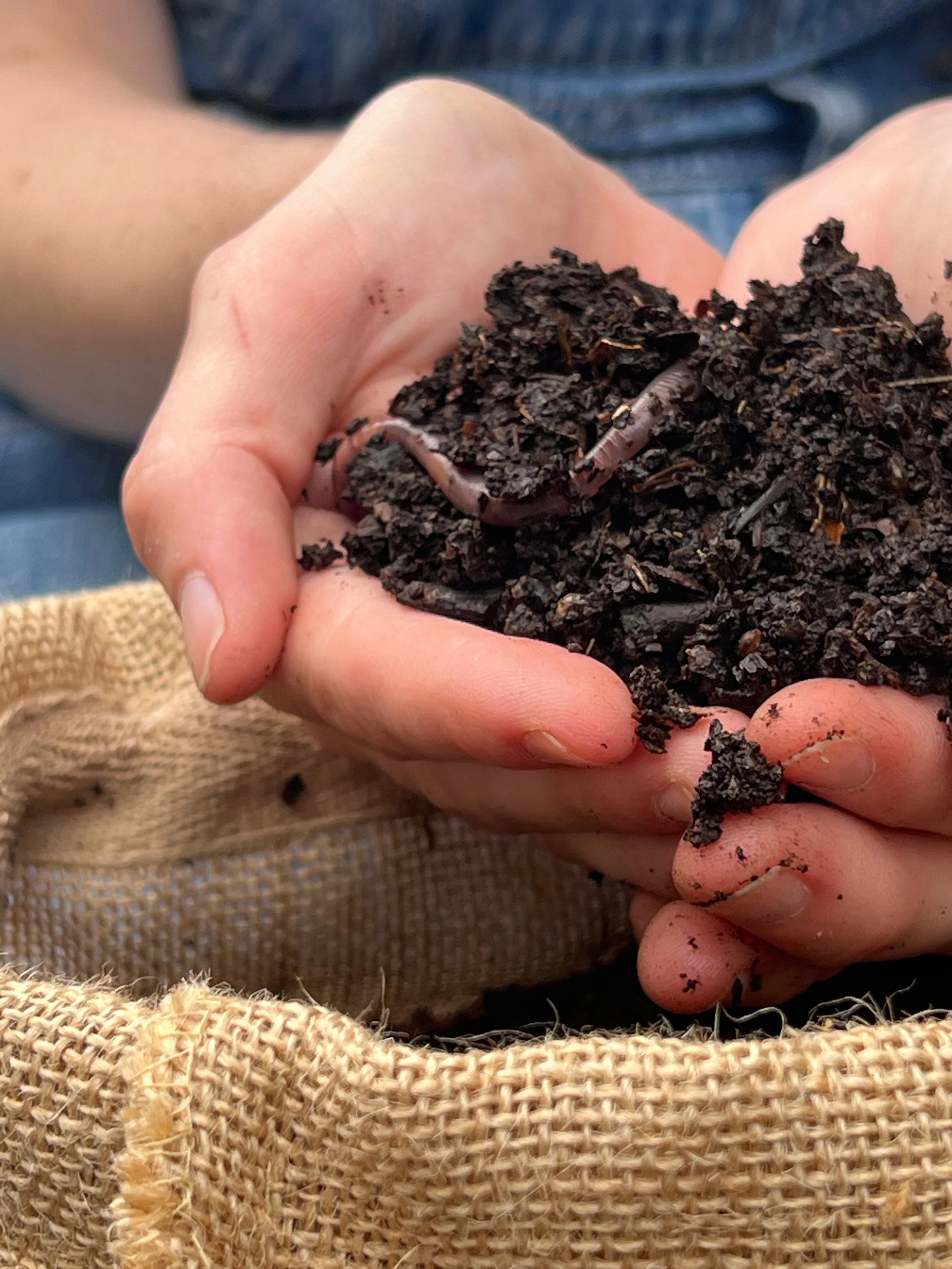








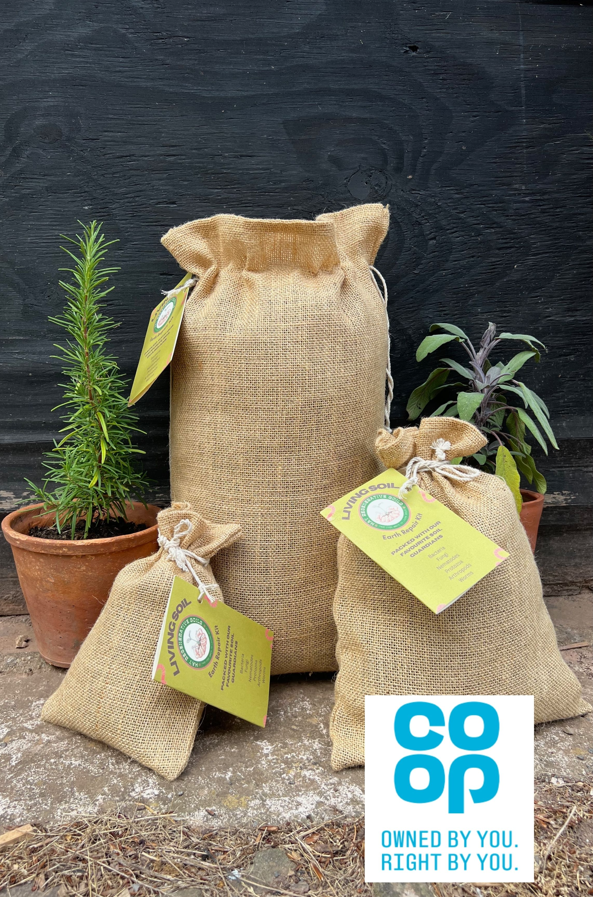
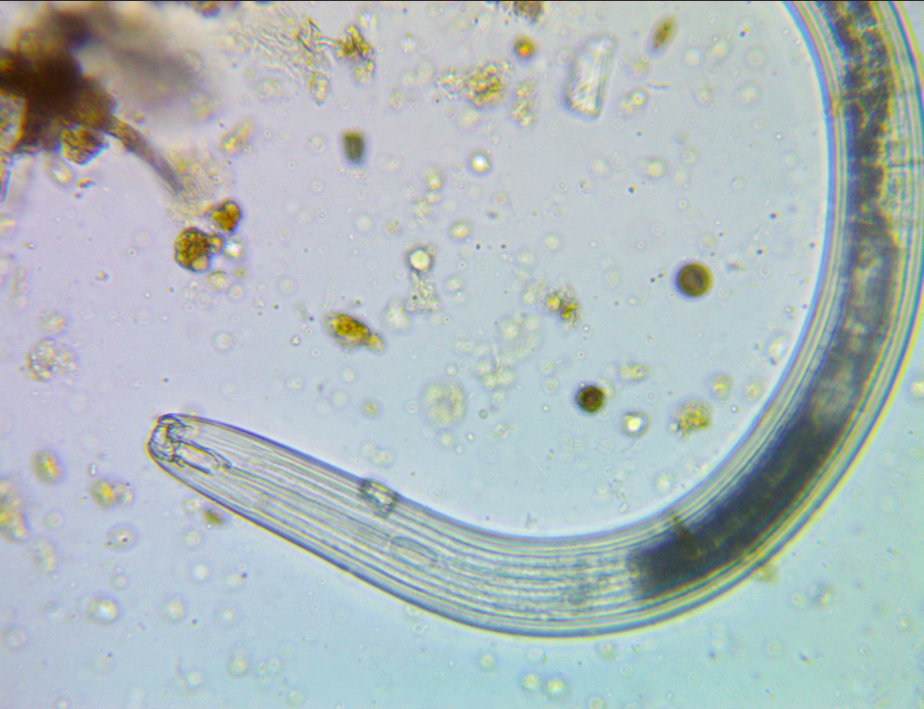
I define soil as a vibrant community of symbiotic exchange, an underground basement party of organized organic chaos. It's the structures and horizons that hold memories in the landscapes, enabling us to grow, eat, medicate, and play. Soil has been with me since I was a baby, assisting in my gut biome and teaching me how to play. To me, soil is God, the Almighty, the giver of all life on Earth—a living organism, the body of the earth, or a system. It matters because it holds a mirror up to humanity; when we are depleted of nutrients, the soil where we grew is also depleted of nutrients. The materiality of soil connects scientists and artists together in a way that makes information digestible to the audience, while also considering the cultural value of the material, which enables us to connect deeper with it. From aesthetically pleasing forms to restoration, the connectivity of this organic material informs, educates, and connects us to our environment and, therefore, to ourselves. Some anthropogenic myths state that the word ‘humans’ derived from ‘humus,’ suggesting that mankind was formed from soil, indicating our shared roots and connection.
Soil, teeming with life and containing more living organisms in a handful than there are people on the planet, offers a multitude of vital services for both humanity and the environment. It supplies food, purifies water, mitigates floods, and combats drought, while also playing a crucial role in addressing climate change by capturing and storing significant amounts of carbon. Therefore, healthy soils are indispensable for ensuring food security.
However, broader inquiries into combating soil degradation and preserving soil present significant challenges, as soil preservation and conservation defy conventional categories of nature conservation and activism. Often portrayed as unseen, nestled beneath our feet, soil lacks a distinct "identity." Unlike iconic animal species like pandas or polar bears, soil doesn't neatly fit into the representational and aesthetic frameworks that have shaped the eco-political narratives surrounding endangered species conservation. Consequently, the prospect of mourning their potential loss is less readily conceivable. This lack of visibility may stem from our perception. The value of soil often goes unnoticed, remaining out of sight for much of the time. In urban areas, where the majority resides, it's paved over and concealed from view, while even in rural settings, many can function without ever interacting with the living organism beneath their feet. Consequently, we tend to perceive soil as inert, devoid of life. While we might recognize its crucial role in plant growth, we fail to fully grasp it as a living entity in its own right. At most, we may view it as a home to familiar yet enigmatic creatures like moles or earthworms, but not as a living material itself. However, I argue that this perspective is fundamentally flawed: an ecological mindset necessitates acknowledging soil not just as the foundation of life, but as a living entity in its own regard.
We use a Joraform 400 tumbler wich is a hot composting method to break down the food quickly whilst eradicating any pathogens that may be present. Food waste goes in with a carbon source, and what comes out is biologically rich compost, this then sits in a maturation bay for 6 months with added cardboard to encourage fungi growth.
We wanted to do something that not only tackled our communities ‘waste’ problem, but in creating this beautiful material we can assist in restoring depleted soils, teaching the public the importance of circular systems, through engagement, interactions and making the science of soil that little bit more accessible to understand.



We get all of our wonderful compost tested by Perry at Soil Redemption, who assesses our microbiology count, sends us images, videos and reports to share with our community what we have collaboratively created together.
